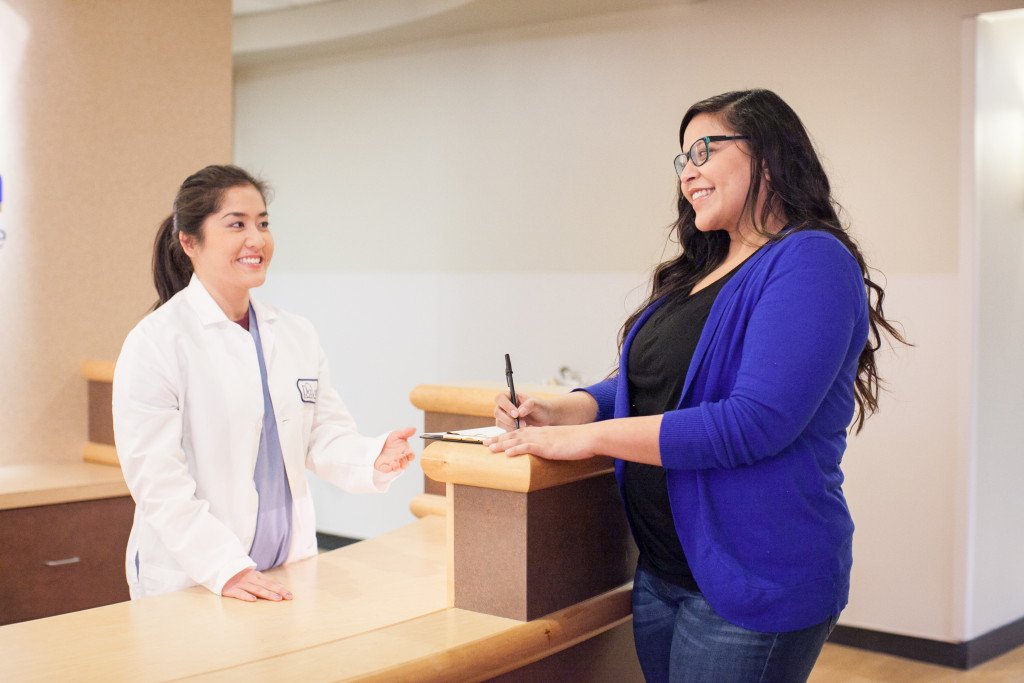When you have completed all of the requirements for a clinical trial, as well as the necessary time for observation, you will have finished your trial and will leave the clinic. Of course, just as you’ve done during every part of the process, you’re encouraged to ask any questions you may have.
Completing the trial requirements
While some trials may be complete when you leave, other trials require various steps that take place on different dates. If that is the case, it’s possible that participants are expected to complete each phase until completion of the overall study, unless otherwise directed by the research staff. The next steps after all trial requirements are met are to finish any follow up questioning or physical assessments, and receive compensation (if applicable) for your time.
What happens to the research?
Often times, but not always, the research results from the trials will be published in medical or other scientific journals. Some study results are presented at scientific meetings. You can ask your research staff for any specifics, such as the exact name of the study, etc. that may be helpful if you want to try and research it on your own.
Some trials may not be published in medical or scientific journals but are still helping to advance scientific knowledge. If you are curious, it doesn’t hurt to ask how your trial is advancing knowledge within the medical community.
Should you do another trial?
Once your trial is complete and you are no longer wondering what it’s like to participate in a clinical trial, you may be ready to consider doing another trial. You can reach back out to recruiters, such as those at DaVita Clinical Research (DCR), and inquire about what other clinical trial opportunities are out there. Get started with DCR trials today.
Disclaimer: Phase 1 (in-patient) clinical trials are not intended to treat a disease or condition. Phase 3 (out-patient) clinical trials may help treat an existing disease or condition. The information presented in this blog may be referring to either a phase 1 clinical trial or to a phase 3 clinical trial or to both. If you contact us regarding a trial, be sure to speak with the recruiter about whether or not the trial is intended to treat a condition.
